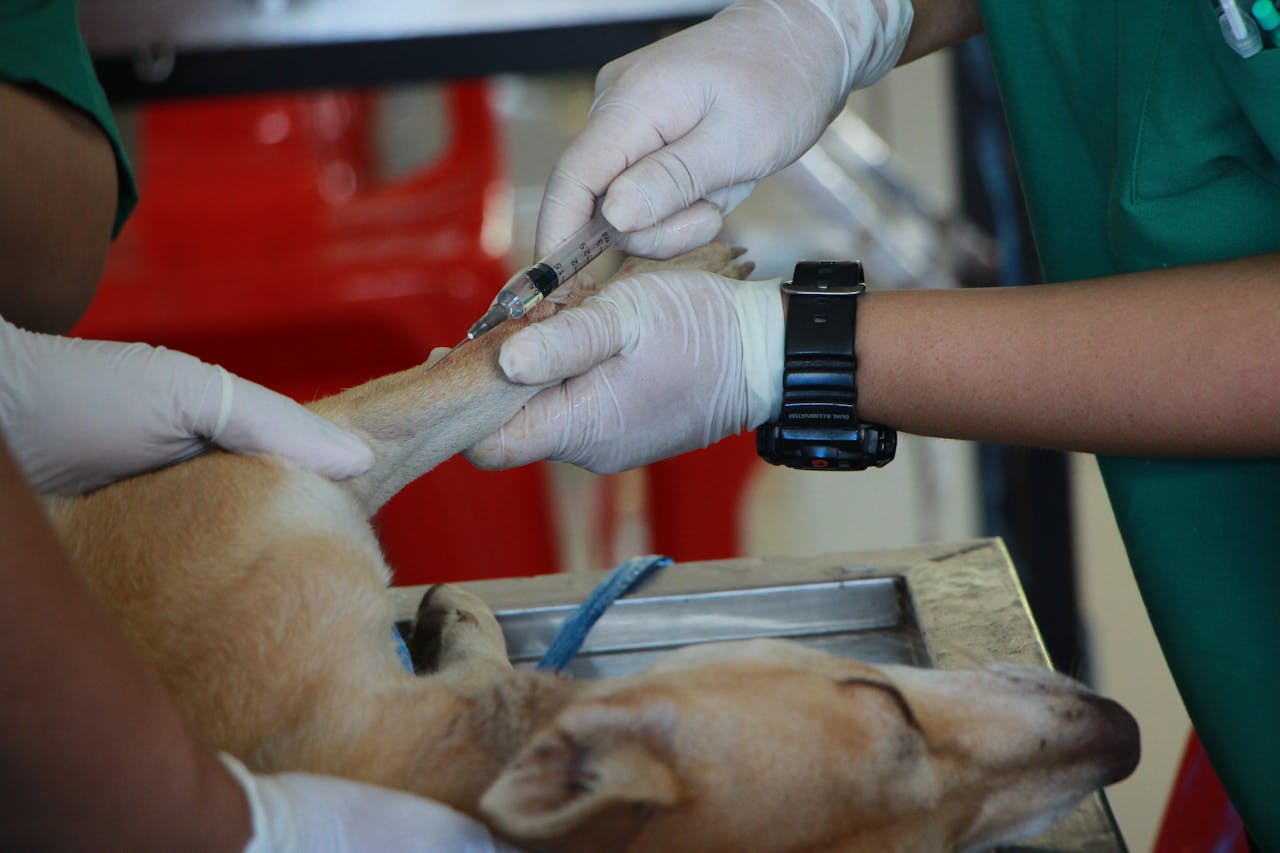
Why 70% of South Africa’s qualified veterinarians leave the country annually
South Africa is experiencing a significant shortage of veterinarians, especially in rural regions where the working conditions are challenging.

A shortage of veterinarians in South Africa is fueling a “vicious cycle” that is causing more vets to emigrate.
The number of registered veterinarians in South Africa falls significantly short of international standards, a problem that is particularly acute in rural regions, writes GroundUp.
Approximately 100 veterinarians leave South Africa each year to work overseas, while only about 140 new vets graduate annually. This is according to recent stats from the Department of Agriculture, Land Reform and Rural Development.
President of the South African Veterinary Association (SAVA), Paul van der Merwe, says that rural areas bear the brunt of this shortage. In these regions, vets often face a lack of equipment, insufficient medical supplies, and a frequent closure of clinics.
Significant vacancies
According to answers given by the Minister of Agriculture in Parliament recently, there were 455 state veterinary positions in 2023, of which 129 (about 28%) were vacant. This is a slight improvement from the 35% vacancy rate in 2019.
Mpumalanga and KwaZulu-Natal are particularly hard-hit by this shortage.
South Africa has just under 4 000 registered veterinarians, including about 230 specialists. This works out to just over 60 vets per million people.
The South African Veterinary Council says this is far below the international standard, which ranges between 200 and 400 vets per million people.
Rural veterinarians face especially tough working conditions. Tod Collins, a vet in KwaZulu-Natal with nearly 50 years of experience, describes the job as physically demanding, particularly when dealing with large animals.
“And we are working in the elements; snow, rain, hail, dust, sun,” Collins said. “That does take a lot out of us.”
Collins also notes the mental toll of the profession, citing depression, anxiety, and burnout as common reasons for leaving the field.
Rural vets often become the lifeline for farmers and their families. “When we come against a brick wall, or some strange conditions, or a series of circumstances lead us to fail, we take it personally,” he adds.
Vet shortages and poor pay
The shortage has also made it increasingly difficult for veterinary practices to find new employees, with some practices taking up to two years to fill a vacancy. The Department of Home Affairs had removed veterinarians from the South African critical skills list but reinstated them after pressure from SAVA and other stakeholders.
Van der Merwe notes that compensation is a significant factor in the shortage. Vets graduate with substantial debt and often do not earn enough to cover their expenses. There is discussion of establishing a second veterinary faculty in South Africa, but this is a long-term solution that will take years to materialise.
As the shortage worsens, the burden on remaining vets increases, leading to more burnout and emigration. This cycle threatens not only animal welfare but also the country’s food security, as vets play a crucial role in controlling disease outbreaks and ensuring safe livestock practices.
